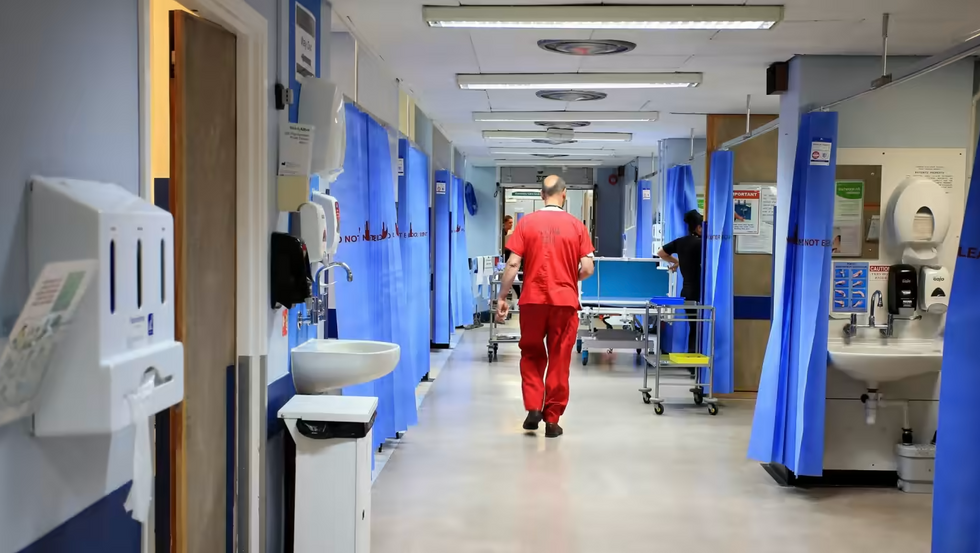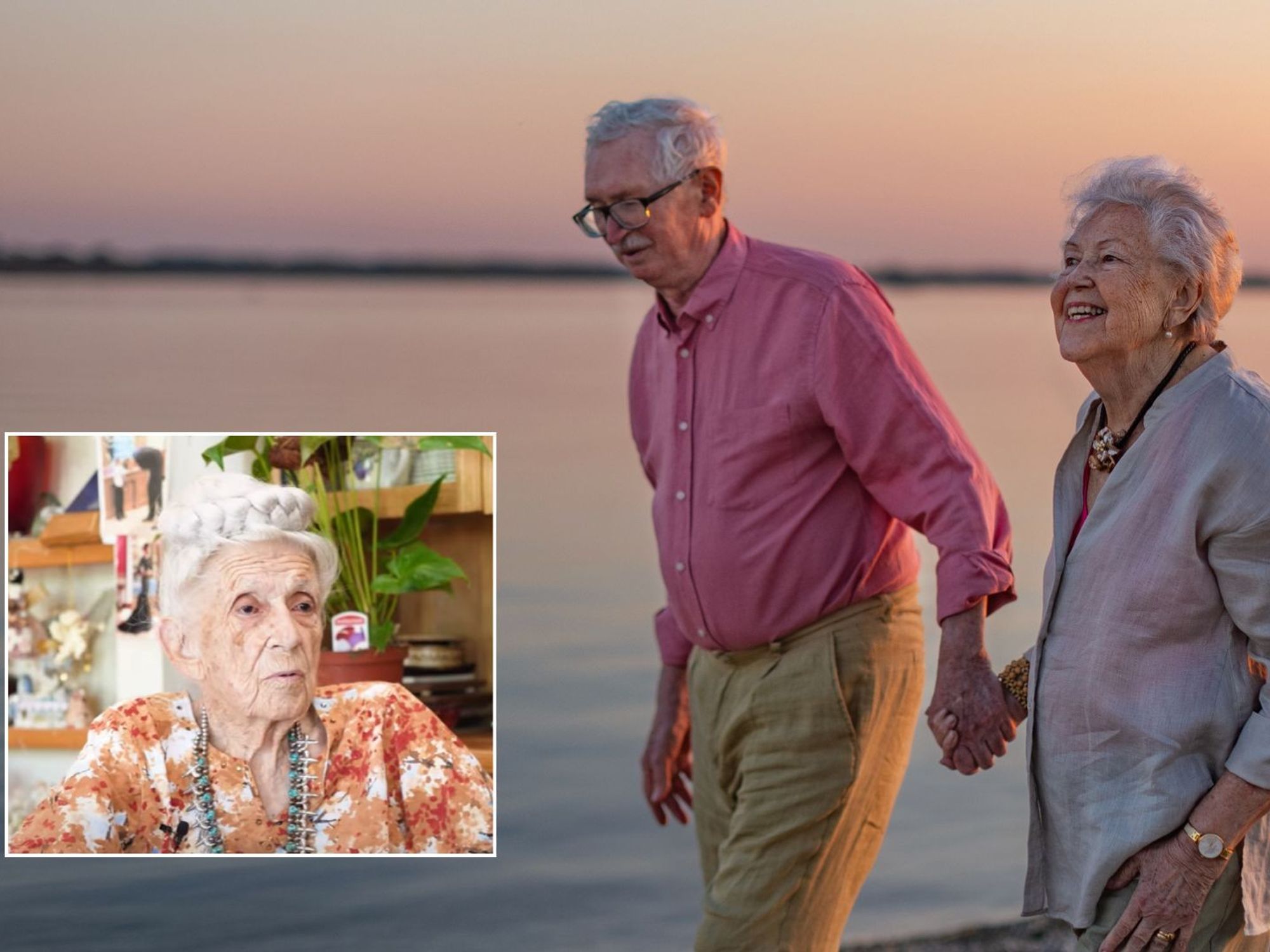Chickenpox vaccine urged to be rolled out for free for children in new advice
The JCVI has recommended the rollout to the Health Department
The JCVI has also recommended a temporary catch-up programme for older children be included
Don't Miss
Most Read
Trending on GB News
The chickenpox vaccine should be introduced on the NHS for young children, scientists advising the Government have recommended.
The Joint Committee on Vaccination and Immunisation (JCVI), which advises UK health departments, said the jab should be given to all youngsters in two doses when they are aged 12 months and 18 months.
Data from other countries suggests the vaccine (also known as the varicella jab) will prevent most severe cases in children and help “make chickenpox a problem of the past”, experts said.
The JCVI has also recommended a temporary catch-up programme for older children be included, though no details on their ages are available at present.

The NHS would provide the jab to all youngsters in two doses when they are aged 12 months and 18 months
PAA Department of Health and Social Care spokesman said: “We are considering the Joint Committee on Vaccination and Immunisation’s (JCVI) advice on including a chickenpox programme in the routine immunisation schedule for children.”
The chickenpox vaccine has been given in other countries, including the US and Australia, for many years but the NHS has always said there is a worry that introducing it in the UK could increase the risk of chickenpox and shingles in adults.
The NHS website says that if a childhood chickenpox vaccination programme was introduced, people would not catch the virus as children, leaving unvaccinated children to get chickenpox as adults, when cases can be more severe.
But thinking around the vaccine has now changed.
Professor Sir Andrew Pollard, chairman of the JCVI, said: “Chickenpox is well known, and most parents will probably consider it a common and mild illness among children.
“But for some babies, young children and even adults, chickenpox or its complications can be very serious, resulting in hospitalisation and even death.
“Adding the varicella vaccine to the childhood immunisation programme will dramatically reduce the number of chickenpox cases in the community, leading to far fewer of those tragic, more serious cases.
“We now have decades of evidence from the US and other countries showing that introducing this programme is safe, effective and will have a really positive impact on the health of young children.”
According to the UK Health Security Agency (UKHSA), there were far fewer cases of chickenpox during the pandemic due to restrictions on socialising, meaning there is currently a larger pool of children without immunity. The catch-up programme is designed to offer them protection.
While most chickenpox cases in children are classed as mild, some children will go on to develop complications including bacterial infections like group A strep.
In rare cases, the virus can cause a swelling of the brain, serious lung inflammation and stroke, sometimes leading to death.
Dr Gayatri Amirthalingam, deputy director of public health programmes at UKHSA, said: “Introducing a vaccine against chickenpox would prevent most children getting what can be quite a nasty illness – and for those who would experience more severe symptoms, it could be a life saver.
“The JCVI’s recommendations will help make chickenpox a problem of the past and bring the UK into line with a number of other countries that have well-established programmes.”
In 2009 the JCVI ruled out a UK-wide vaccination programme for chickenpox owing to the concerns over shingles.
The virus can cause shingles in adults who have previously had chickenpox, but they benefit from a boost to their immunity from chickenpox circulating among children.
It was thought that vaccinating children would cause a problematic rise in shingles for as long as 20 years, but a recent long-term study from the US has shown this not to be the case.
Research from the University of Bristol has also examined the extent of chickenpox’s impact on children and the NHS, which has informed the change in guidance.
Until now, the vaccine has been available privately in the UK, with Boots charging £150 for a full course of both doses.
It has also been available on the NHS for some groups, such as the contacts of people with weakened immune systems.
Helen Bedford, professor of children’s health at the Great Ormond Street Institute of Child Health, said many parents would welcome the vaccine on the NHS.
“Although chickenpox is usually a mild infection, children have an itchy rash and often a fever which makes them feel very miserable,” she said.
“Chickenpox infection can also result in serious complications such as nasty bacterial skin infections, pneumonia and inflammation of the brain.
“Providing our children with this additional vaccine would be a welcome addition to the highly successful UK vaccination programme.”








